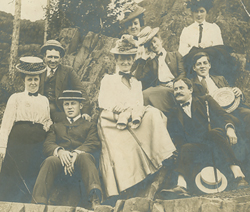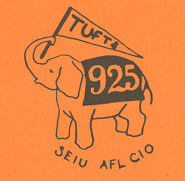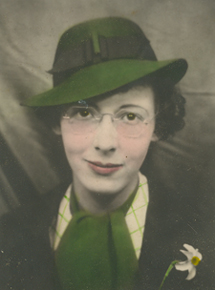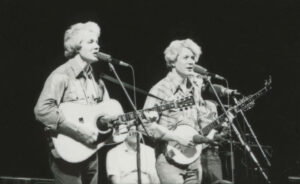Richard Santerre Franco-American Collection
An historian from Lowell, Mass., Richard Santerre received his doctorate from Boston College in 1974 for his dissertation Le Roman Franco-Americain en Nouvelle Angleterre, 1878-1943. For more than twenty years he published regularly on the history of French and French-Canadian immigrants in New England, particularly Massachusetts, while doing so, assembling a significant collection of books on the subject.
With titles in both French and English, the Santerre Collection deals with the wide range of Franco-American experience in New England, touching on topics from literature and the arts to religion, benevolent societies, language, the process of assimilation, biography, and history. The collection includes several uncommon imprints regarding French American communities in Lowell, Lawrence, New Bedford, and Worcester, Mass., as well as in Maine, New Hampshire, and Rhode Island, and it includes publications of associations such as the Ralliement Français en Amérique, the Association Canado-Americain, and the Alliance Française de Lowell.





